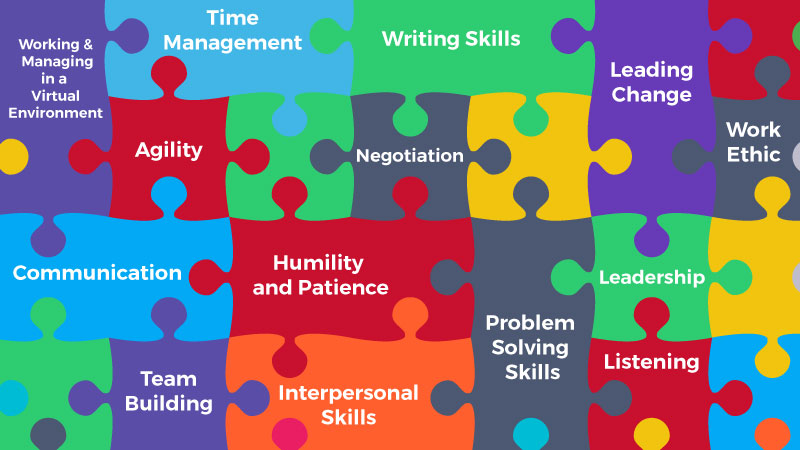Soft Skills, Hard Skills, Importance of Soft Skills, Important Soft Skills and their definitions | Asad Ali

Soft
Skills
Soft skills are a combination of people skills, social
skills, communication skills, character traits, attitudes, career attribute,[1]
social intelligence and emotional intelligence quotients among others that
enable people to navigate their environment, work well with others, perform
well, and achieve their goals with complementing hard skills.
Hard
Skills
Hard skills are specific, teachable abilities that can be
defined and measured, such as typing, writing, math, reading and the ability to
use software programs. By contrast, soft skills are less tangible and harder to
quantify, such as etiquette, getting along with others, listening and engaging
in small talk.
Importance
of the Soft Skills
Soft skills are an essential part of finding, attracting,
and retaining clients. Highly-developed presentation skills, networking
abilities, and etiquette awareness can help you win new clients and gain more
work from existing clients. Honing your abilities to resolve conflicts, solve
problems, and provide excellent customer service can lead to stronger
relationships with colleagues, vendors, and other professional contacts.
Ultimately, strong soft skills can help you gain confidence—an invaluable trait
in the business world.
On the other hand, a lack of soft skills can limit your
potential, or even be the downfall of your business. By developing strong
leadership, teamwork, and communication abilities, you can run projects more
smoothly, deliver results that please everyone, and even positively influence
your personal life by improving how you interact with others.
Important Soft Skills
Cognitive
Flexibility
The mental ability to switch between thinking about two
different concepts, and to think about multiple concepts simultaneously.
Negotiation
A negotiation is a strategic discussion that resolves an
issue in a way that both parties find acceptable.
Service
Orientation
Service orientation is the ability and desire to anticipate,
recognize and meet other’s need, sometimes even before those needs are
articulated.
Judgment
& Decision Making
An ability, capacity, or faculty to make considered and
effective decisions, come to sensible conclusions, perceive and distinguish
relationships, understand situations, and form objective opinions especially in
matters that affect action.
Emotional
Intelligence
It is the capability of individuals to recognize their own emotions
and those of others, discern between different feelings and label them
appropriately, use emotional information to guide thinking and behavior, and
manage and/or adjust emotions to adapt to environments or achieve one’s
goal(s).
Coordinating
with others
To work with others to arrange the work flow; to assist
others in executing a complex task; to provide assistance in achieving a common
effect.
People
Management
Managing people development, their work activities and their
performance with the goal of optimizing efficient use of talent.
Creativity
and Creative thinking
Creativity/Creative Thinking is the bringing into being of
something which did not exist before, either as a product, a process or a
thought.
Critical
Thinking
It is the objective analysis of facts to form a judgment.
Complex Problem
Solving
Identifying complex problems and reviewing related
information to develop and evaluate options and important solutions.
Brilliant work 😍
ReplyDelete